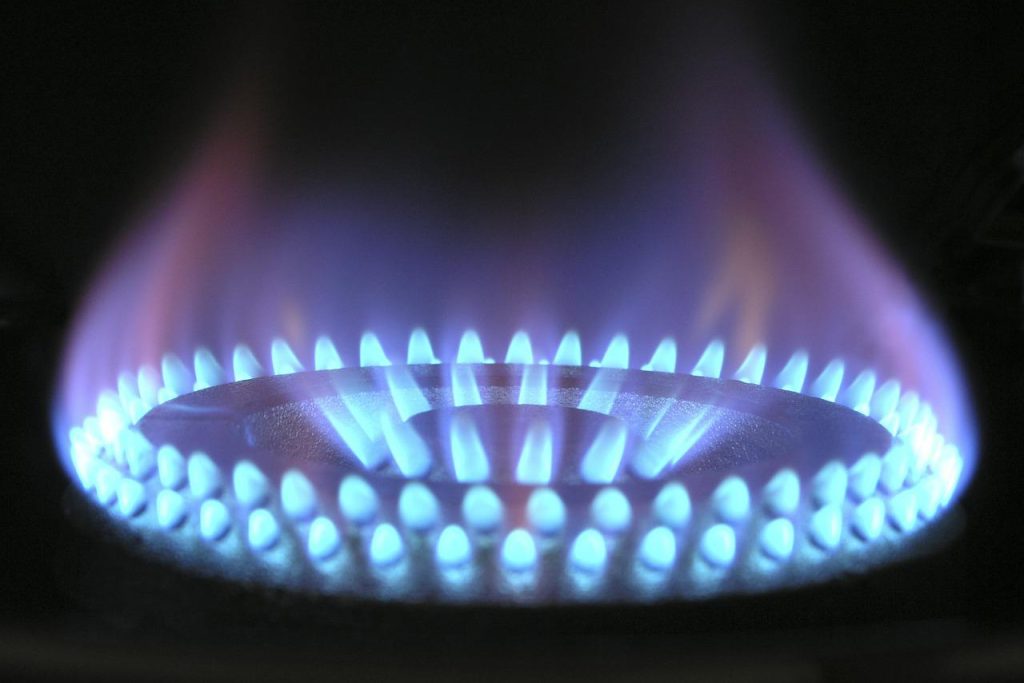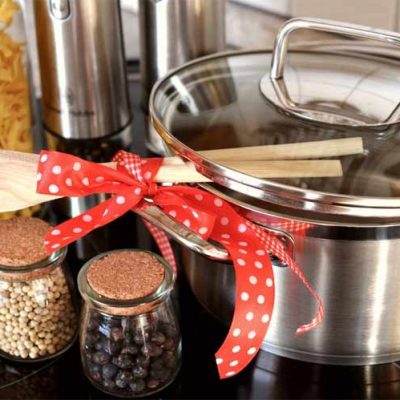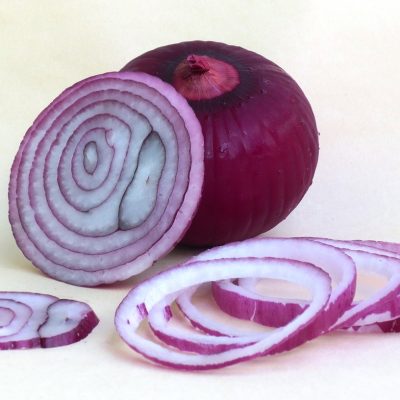Exposure due to natural gas leak can result in health issues despite it being a cheap source of energy. The use of gas is popular in most homes since it’s quite reliable and easy to use.
Despite all of its usefulness it still carries potential hazards which need to be addressed properly.
How can you even keep yourself and your family safe if you don’t even know what to look out for?
Whatever the situation, it is essential that you understand how to keep your family safe, whether there is a gas leak or not. In the United Kingdom alone, hundreds of incidents involving gas are reported annually.
How To Keep Safe?
Practice gas safety! The gas safety tips given below will help you keep your home and family safe from the risks of numerous gas leak.
1. Have Your Gas Appliances Inspected Every Year
The first and foremost step to ensure gas safety is to have your gas appliances checked at least once every year. This is one of the most important gas safety tips you should consider. UK landlords are legally required to perform gas safety inspections on their tenants on an annual basis.
Furthermore, it is the ethical responsibility of all tenants to ask the landlord for an up-to-date copy of the gas safety certificate CP12 before signing the rental agreement. Homeowners have to realize that annual gas appliance inspections keep them safe from gas hazards and prolong the life of their appliances.

2. Ensure the Maintenance of Your Gas Fittings
The next step is to make sure your gas appliances and fittings are working as they should. Your hob, boiler, flues, and other gas fittings should be serviced at least once a year to ensure everything is in order. Appliances deteriorate over time; weather, corrosion, use, and environmental factors affect the condition of appliances. If you don’t get them serviced; they will break down and malfunction. Of course, it is advisable that you only have properly qualified technicians or engineers perform these tasks.
3. Protect Against CO Poisoning
Carbon Monoxide (CO) is a hazardous gas that’s produced when there isn’t enough oxygen to burn the carbon compound to make CO2. If an appliance isn’t working properly, it may cause the formation of CO. Open fires, cookers, hot water heaters, central heating, gas fireplaces, and boilers are all potential sources of carbon monoxide leakage.
The problem is that Carbon Monoxide is poisonous; it can cause severe health issues and can even result in death. Give below are some of the symptoms of CO poisoning:
- A pale complexion
- Dizziness
- Pain in the chest
- Sleepiness
- Symptoms similar to the flu
- Breathing difficulties
- An ear-ringing sensation
Additional signs include dead plants, a whistling sound near the gas line, and dust clouds. Aside from this, your gas bill also increases as a result of the leak.
4. Install a Carbon Monoxide Detector
Carbon monoxide alarms are also included in the list of gas safety tips that should be considered. Carbon monoxide detectors are highly recommended if you have a stove or boiler.
It is essential to have an audible carbon monoxide alarm installed in your home if you wish to prevent gas leaks in your home. Follow the manufacturer’s instructions for installation. The alarm’s batteries should be tested regularly to ensure they function properly.
You must get a carbon monoxide alarm for all the rooms that have a gas appliance. In case it starts beeping, you need to stay calm, increase ventilation, and turn off the appliance. Get assistance from a gas safety engineer.
5. Make Sure Your Chimney and Vents Are Working
Ensure the chimneys and vents of your home are free of obstructions on a regular basis to prevent a gas safety hazard. Gas appliances are in fact unable to burn properly unless the vents are clear.
Furthermore, there is a need to ensure that they are not obstructed by upholstery or furniture at any time. Well-ventilated homes are less vulnerable to gas hazards.

6. Make Sure That Gas Appliances Are Used as Intended
In order to avoid serious damage to your gas appliances, make sure you use them solely for their intended purposes. No matter how obvious it might seem, you should never use gas appliances for purposes they have not been designed for. For example, don’t use the hob to heat the room.
Furthermore, you must not tamper with gas appliances since this can lead to serious consequences. If your gas appliances are malfunctioning, don’t try to fix them yourself. Call a professional to help since you can worsen the problem and it can lead to leakage or fire. Such measures will help to prevent emergencies from occurring.
Also read: Top Reasons To Consider Natural Gas Burner | Food Quality Performance
7. Maintain a Safe Working Environment
Please take the time to use your gas appliances in a safe and proper manner according to instructions from the manufacturer. Dismantling or altering a gas appliance in a manner contrary to its intended use is never advisable.
8. Prepare Yourself for an Emergency
A gas emergency must be addressed as soon as possible. If you smell gas, you must improve ventilation by opening windows and doors. Next, make sure the gas valve control is turned off, and you should leave the house as soon as possible. Contact your local National Emergency Gas Line as soon as possible.
9. Avoid Distractions While Using a Gas Appliance
You should make sure you do not leave flammable objects near the gas flame if you are in the kitchen while cooking. Don’t let anything on your gas stovetop get out of control while it is on.
10. Check Gas Appliances Regularly for Signs of Malfunction
A malfunctioning appliance can cause great inconvenience if left unattended. The process of identifying a faulty appliance is very straightforward. A gas appliance might not work if it has a slow flame, flickers, or is soiled around the appliance.
Takeaway – Gas Safety at Home
These are the 10 gas safety tips that you should implement in your home. Make sure to get your gas appliances checked every year by a professional gas-safe engineer. In case of a faulty appliance immediately contact company customer care to get the issue sorted out.





